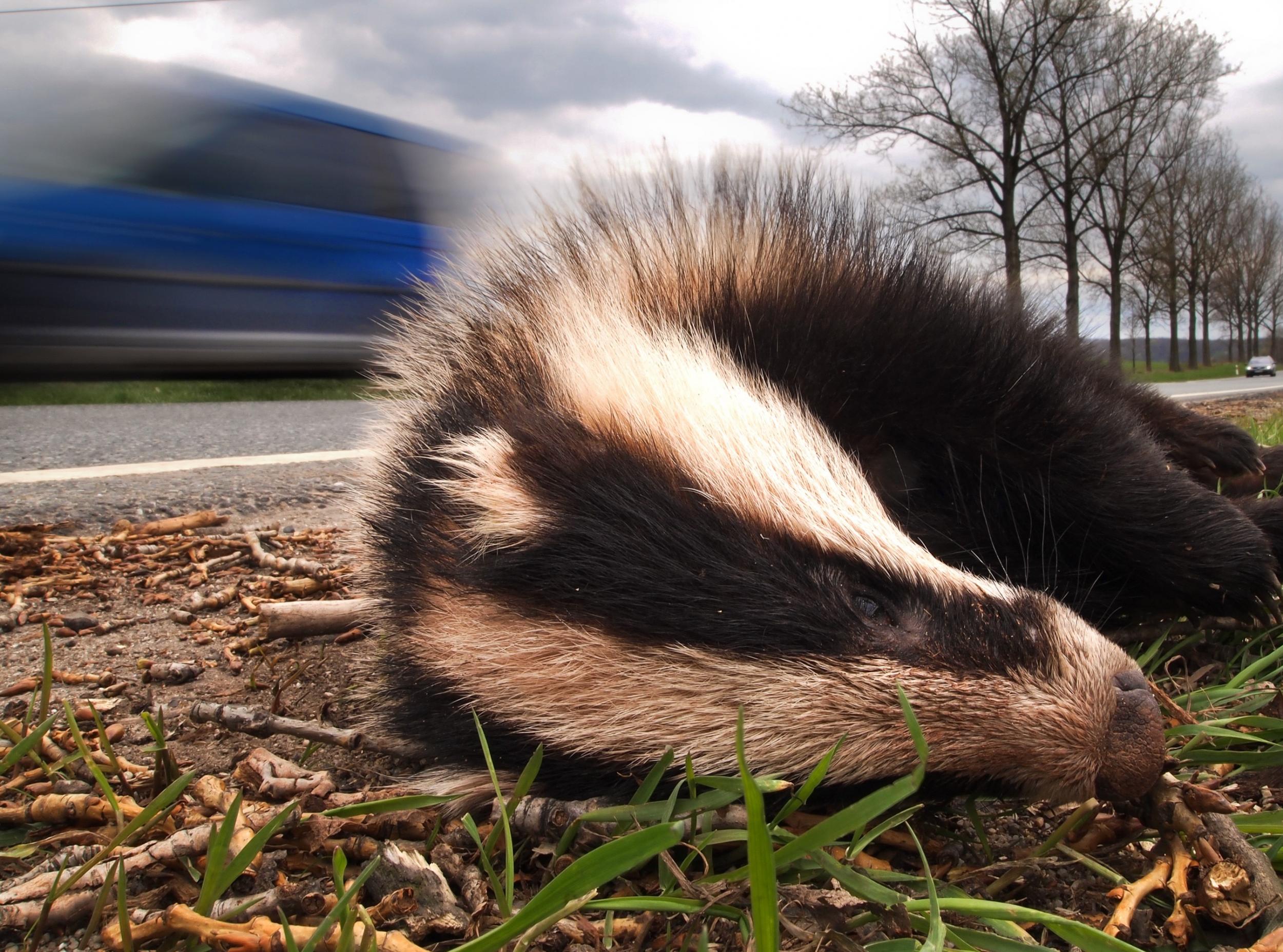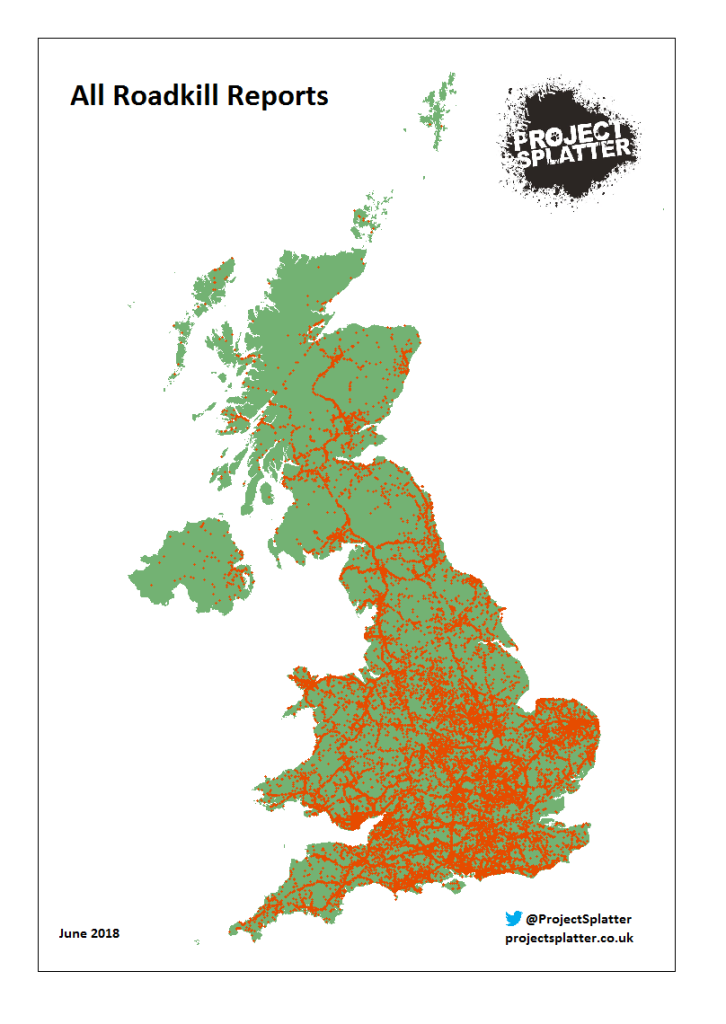Badgers are UK’s most flattened mammal, roadkill report shows
Britain’s largest carnivore second only to pheasants as the most frequently reported casualty on roads

Your support helps us to tell the story
From reproductive rights to climate change to Big Tech, The Independent is on the ground when the story is developing. Whether it's investigating the financials of Elon Musk's pro-Trump PAC or producing our latest documentary, 'The A Word', which shines a light on the American women fighting for reproductive rights, we know how important it is to parse out the facts from the messaging.
At such a critical moment in US history, we need reporters on the ground. Your donation allows us to keep sending journalists to speak to both sides of the story.
The Independent is trusted by Americans across the entire political spectrum. And unlike many other quality news outlets, we choose not to lock Americans out of our reporting and analysis with paywalls. We believe quality journalism should be available to everyone, paid for by those who can afford it.
Your support makes all the difference.Badgers are Britain’s most flattened mammals, according to a new roadkill survey, which reveals more than 900 have been crushed on highways so far in 2019.
Only pheasants outnumber the UK’s largest carnivore on the list compiled by Project Splatter, though identification of both creatures is likely helped by their distinctive markings.
More than 5,500 roadkill sightings have been logged in the first six months of 2019 – including a beaver on the A9 in Scotland and a wallaby near Oxford.
The three most commonly reported mammals to the Cardiff University-led programme were badgers (905), foxes (475) and hedgehogs (453).
There are an estimated 485,000 badgers in England and Wales, and former farming minister David Heath once bemoaned their lack of natural predators while advocating for culls.
However they have consistently topped the Project Splatter reports since 2013, ahead of foxes, of which there are an estimated 250,000 in the UK.
There have been 1,347 pheasants reported dead on UK roads already this year, well ahead of the 156 woodpigeon, and 93 blackbirds.
Project Splatter was started as a way to track the impact of British highways on wildlife, but is only likely to capture a fraction of the true toll as many animals may be unidentifiable, quickly scavenged or unreported.
“We get well over 10,000 reports each year,” Project Splatter coordinator Dr Sarah Perkins told BBC News. “That is the tip of the iceberg, of course, because not everyone has heard of the project.”
Dr Perkins speculates that there could be millions of animals killed on the roads each year.
“The more people who report, the better, because we can get a better idea about how many animals are killed,” she added.

This data can be used to highlight the highest risk stretches of roads to better place crossing infrastructure for the critters, as well as warnings to drivers to slow down.
A new wildlife warning sign featuring a hedgehog was unveiled by transport secretary Chris Grayling, and he said they would help “reduce the number of people killed and injured” as well as protecting the small creatures.
Between 2005 and 2017, 100 people were killed, with a further 14,173 injured, in accidents where an animal was involved.
People wishing to contribute to Project Splatter can do so via the website or mobile app.
Join our commenting forum
Join thought-provoking conversations, follow other Independent readers and see their replies
Comments